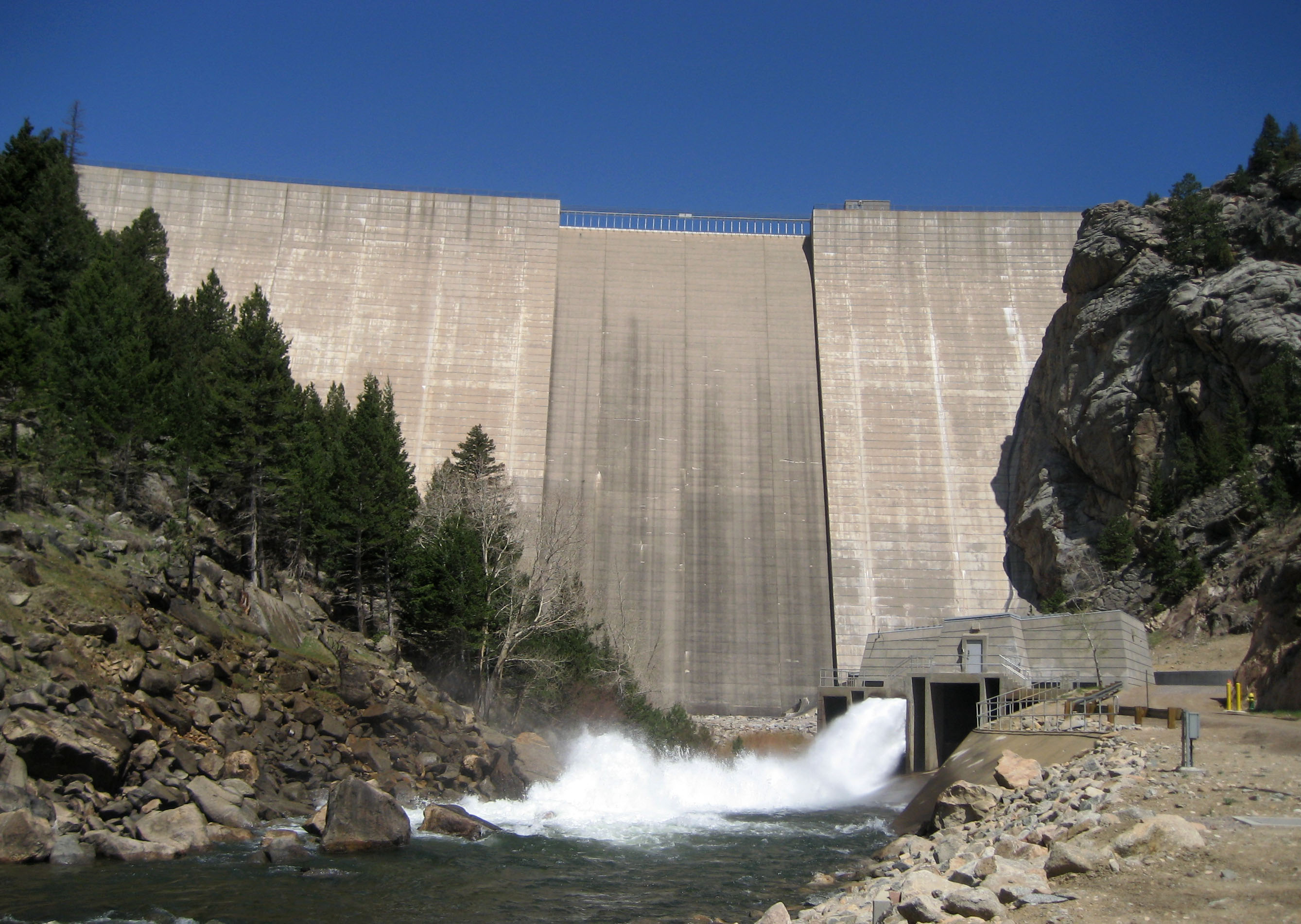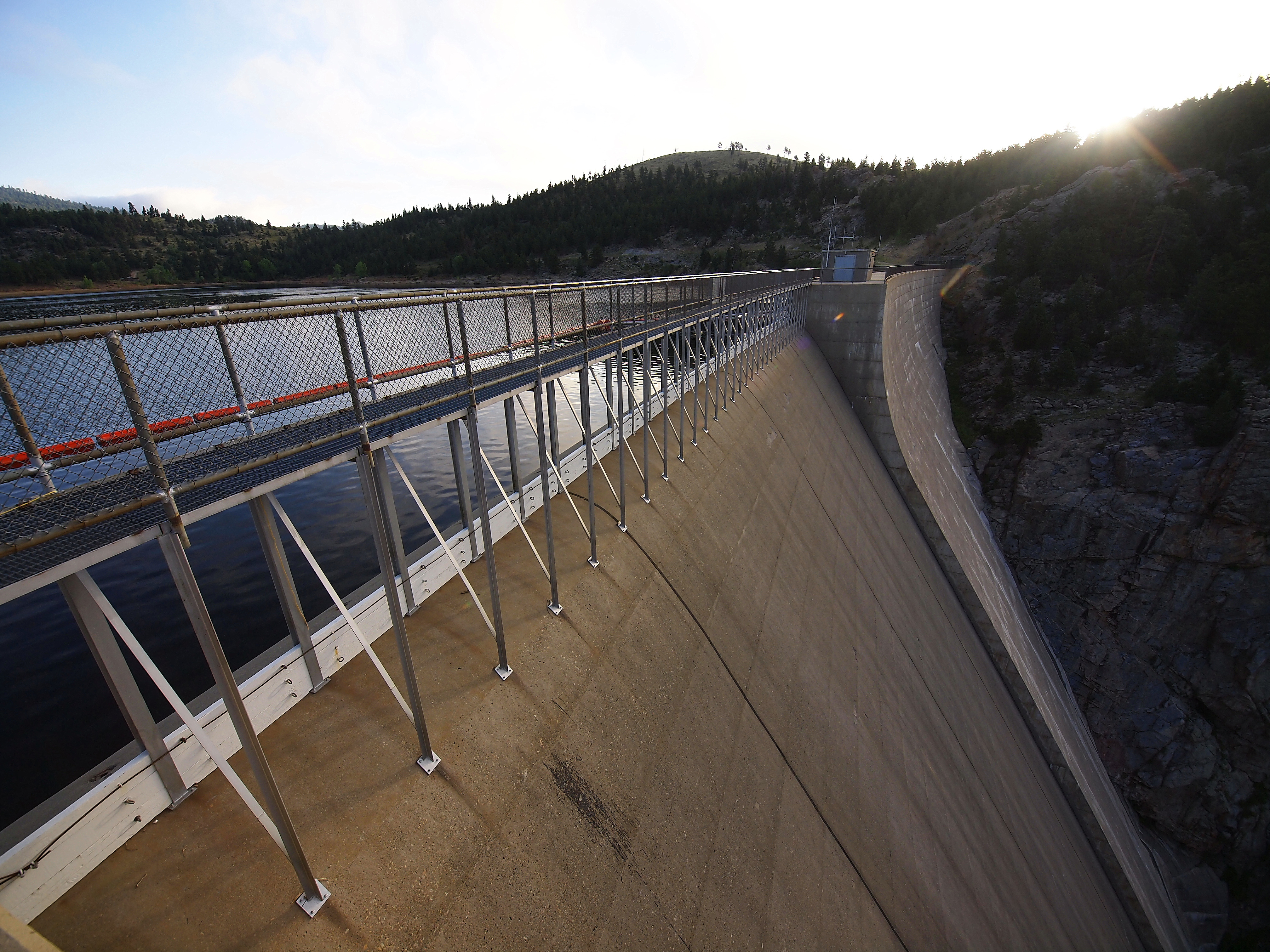
Gross dam’s powerful benefit
Quick, can you name Colorado’s energy producers?
Certainly, Xcel Energy comes to mind. And, when thinking about renewable energy, Vestas is another recognizable name for many in this state.
But, what about Denver Water?
As part of Denver Water’s operations to provide a quarter of the state’s population with drinking water, the utility also produces enough clean energy at seven hydropower facilities to power thousands of Colorado households for an entire year.
Hydropower is a valuable resource for power in the state.
Colorado has more than 60 hydropower facilities that have the combined capacity to produce 1,150 megawatts of power.
Denver Water’s seven facilities in 2019 produced 52,929 megawatt hours of power. Money from the sale of the power produced throughout Denver Water’s system is used to offset operating costs, typically saving ratepayers about $4 million per year.
The utility supplies clean, safe drinking water to 1.5 million people in Denver and surrounding suburbs. It is funded by a combination of water rates paid by customers, the sale of hydropower to Colorado’s biggest power generators — Xcel Energy and Tri-State Generation and Transmission Association — and new tap fees, not taxes.
Denver Water’s hydropower generators are located within the water collection and distribution system, including dams and pump stations.
Most of those generators are located at existing water storage facilities, like Gross Reservoir in Boulder County, which produces more than 20% of hydropower generation for the utility.
The reservoir was constructed in the mid-1950s as a Federal Power Act site by the Federal Energy Regulatory Commission (formerly Federal Power Commission). The hydropower operation at Gross Reservoir has the capacity to produce 8.1 megawatts of energy. But it currently produces about 7.6 megawatts of energy due to the existing size of the reservoir.
Now, as part of the Gross Reservoir Expansion project, which will raise the dam by 131 feet and expand the reservoir, FERC has issued its order requiring Denver Water to proceed with design and construction to make the necessary changes to the hydropower facility to accommodate the increase in the size of the dam. The order is based on an extensive review of the project needs, benefits and environmental enhancements.
In addition to building a more resilient storage system to protect the water supply for more than 1 million people from emergencies like drought and wildfires, the reservoir expansion also means there will be more water available for hydropower generation throughout the year — expanding Denver Water’s clean energy production portfolio.
To learn more about the Gross Reservoir Expansion Project, visit grossreservoir.org.


